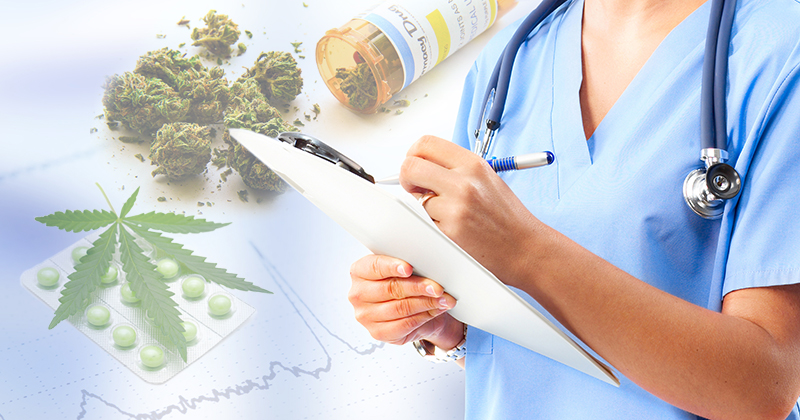Some research suggests that marijuana smokers are diagnosed with depression more often than nonsmokers are particularly regular or heavy marijuana users. However, it doesn’t appear that marijuana directly causes depression. It’s likely that the genetic, environmental or other factors that trigger depression also lead to marijuana use. Some people with depression may use marijuana as a way to detach from their depressive symptoms. Heavy users may appear depressed as a result of the dulling effects of the drug on feelings and emotions.
There also are links between marijuana and other mental health conditions. Marijuana use may trigger schizophrenia or detachment from reality (psychosis) in people who are at higher risk of psychosis. The symptoms of diagnosed psychotic illness may be aggravated if marijuana use continues. There also is some evidence that teenagers who attempt suicide may be more likely to have used marijuana than those who have not made an attempt. As with marijuana use and depression, more research is needed to better understand these associations. The bottom line is Marijuana use and anxiety and depression accompany each other more often than you might expect by chance, but there’s no clear evidence that marijuana directly causes depression. If you or a loved one is suffering from Anxiety or Depression, please contact All Natural MD Florida medical marijuana doctors today at (800) 250-6737.
Anxiety disorders and depression imply more than temporary fear or worries. For individuals with the disorder, anxiety does not go away but instead it gets worse with time. It might affect their daily activities, relationships and even their job performance. At times, physical evaluation to determine whether the patient’s anxiety is associated with physical illnesses is necessary. Also, the disorder is occasionally paired with conditions like depression, alcoholism and other coexisting conditions. If another medical condition exists, patients should seek treatment for them before seeking for anxiety disorder treatment.
The success of prescribed medical weed for stress and anxiety is not under dispute. Nonetheless, there is some debate about the components causing the effects. There is some evidence the endocannabinoid system plays a role in anxiety and fear. This involves a complementary role for the cannabinoid type 1 (CB1) receptor. The major constituents of the cannabis plant are THC and cannabidiol CBD. Both are major players with the CB1 receptor. THC is a known psychoactive and the leading cause of cannabis euphoria. The compound activates specific brain centers controlling fear and anxiety. This activation is why anxious weed users should not self medicate.
Feelings of self-doubt and self-worth are common in anxiety disorders. Self-conscious persons second-guess themselves, wondering if others are judging them. This persistent doubt in everyday situations may turn obsessive. Social anxiety disorder leads to awkward social situations. Patients feel self-conscious and have blushing and trembling. There are nausea and vomiting, profuse sweating, or difficulty talking. The symptoms of anxiety may interfere with meeting new people or maintain friendships. Conversing, eating, or drinking in public can provoke severe anxiety.

